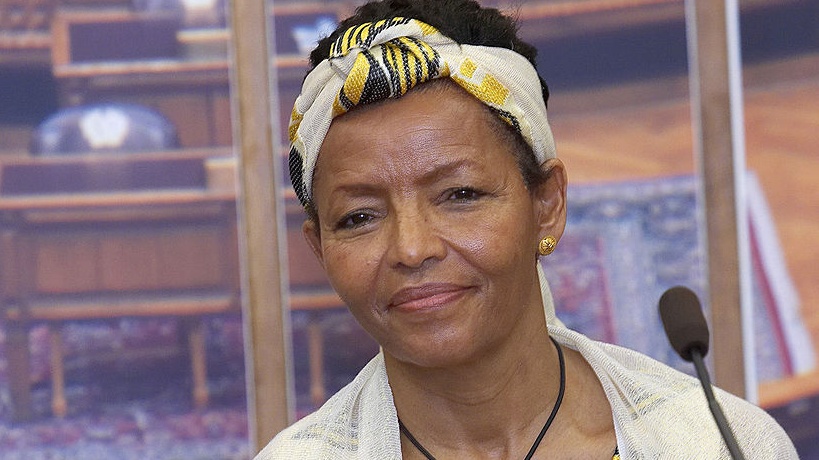Bogaletch Gebre, a scientist and women’s rights activist who raised awareness about female genital mutilation in Ethiopia, died on November 2 in Los Angeles. She was said to be 66 years old, although her exact birth date is not known, The New York Times reported.
Her work has helped decrease the rate of female genital mutilation in select areas in her home country from 100% to 3%, according to a 2008 UNICEF study. Some of these same areas went on to ban child marriage, bride abduction, polygamy and domestic violence.
British newspaper The Independent called Gebre “the woman who began the rebellion of Ethiopian women,” honoring her decades of activism.
Gebre’s death was confirmed by KMG Ethiopia, a nonprofit she co-founded in 1997 with her sister. The nonprofit, also known as Kembatta Women Standing Together, did not give a cause of death.
The Los Angeles Times reported that she was receiving consistent medical attention due to a 1987 car accident that left her with nerve damage. Even though she dealt with the injury for decades and was told she might never walk again, Gebre ran six marathons to raise money for charity.
Such willingness to push ahead is tied to Gebre’s upbringing, which began in tragedy.
Gebre was born to farmers in the remote village of Zata in the Kembatta district, nearly 250 miles southwest of Addis Ababa. She was one of 14 children, although many of her siblings died young.
At 12 years old, Gebre was also subjected to female genital mutilation. Gebre said that a man grabbed her and blindfolded before the procedure. Two women also held her legs down, and a third woman used a razor to slash her genitals, according to the New York Times. At least one of her sisters died this way by bleeding to death.
“Women were regarded as no better than the cows they milked,” she said.
“The myth was that [female genital mutilation] cleansed a girl and prepared her for giving birth and that if her baby was touched by some parts of the genitals during childbirth, it would die,” according to the New York Times.
After being inspired by a great-uncle who was a pastor at a mission school, Gebre later received her education. Her mother helped, although her father preferred only his sons to go to school.
The activist was the first girl in her area to finish primary school. She then won a scholarship to a boarding school in Addis Ababa.
She went on to study microbiology and physiology in Jerusalem and later received a Fulbright scholarship to study at the University of Massachusetts Amherst, where she earned her master’s degree. She studied for her doctorate in epidemiology at the University of California at Los Angeles but returned to Ethiopia before completing it.
Back in Africa, Gebre and one of her sisters, Fikirte Gebre, founded KMG Ethiopia. Like many nonprofits, KMG used major grants to conduct its programs. It was needed most in the 1990s when Ethiopia was dealing with severe famine and political turmoil.
Early on, Gebre set up local seminars to bring young women and village elders into the same rooms for dialogues. The women started with small proposals, asking if men and women could sit together in public.
Once KMG Ethiopia proved its effectiveness, UNICEF recommended that it be replicated in other countries in Africa.
Gebre’s work has inspired other causes, including an app created by five teenagers in Kenya to end genital mutilation, as Blavity previously reported.
